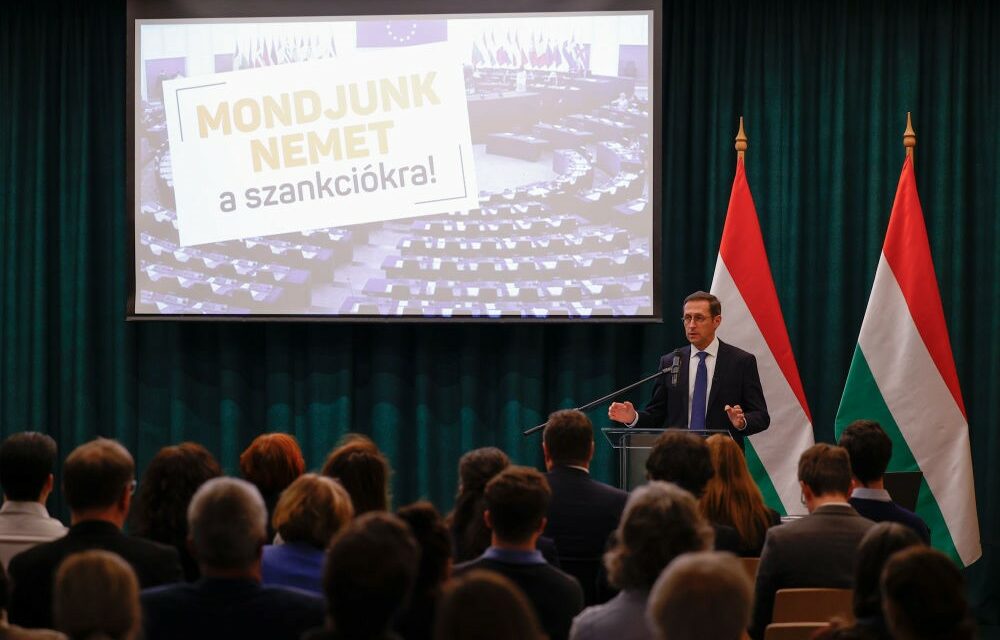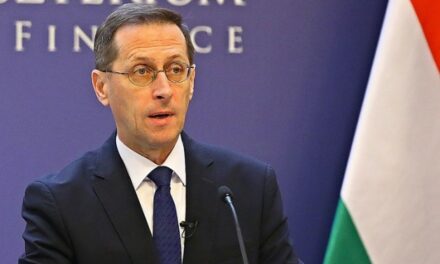Hungary is not in an easy situation, but it is trying to reduce the burden on its citizens and will definitely stay out of the war. Minister of Finance Mihály Varga summarized the government's strategy in his presentation at the Pasarét Community Hall on Friday afternoon, during which sanctions, the energy crisis, and Brussels resources were discussed, read the Mandiner.
In relation to the sanctions, the minister recalled: Brussels claimed that the Russians would suffer more than us - however, due to inflated energy carrier prices, by the middle of the year the Russians realized more income in this field than the entire previous year. Contrary to previous claims, the sanctions did not end the war, moreover, "it's as if these sanctions came without a concept, like an idea", said the minister, recalling the Versailles agreement in March, according to which no EU sanctions would be imposed on coal, oil and gas. but it didn't take much time for the former two to be expelled.
"With smart diplomacy, we managed to stay out of these for the time being," he said, after all, we couldn't get them from anywhere else. "This is not a political or ideological, but a physical issue," he insisted; and the economy also suffered from all of this: in August, the foreign trade deficit was 1.6 billion euros.
Sanctions can sometimes work the other way around in the case of a country the size of a continent, Varga pointed out, citing as an example the agricultural and food industry punitive measures that have existed since the annexation of Crimea, as a result of which the Russians were forced to stand on their own feet, and this was so successful that now in 2017-18 became the world's largest wheat exporter.
The Minister of Finance denied that energy prices were high because of the war: after the outbreak of the war, gas was close to 120 euros on the Dutch gas exchange, the explosion occurred when the sanctions were announced, at the peak it was around 350 dollars in August, now it has stabilized around 200. He added ironically that environmentalists do not complain about LNG gas.
The increase in energy prices is also responsible for half of the inflation, as transport prices have increased, and gas is used not only for heating, but also in the plastics and fertilizer industries, which indirectly affects food prices, "which this year was also affected by the drought".
At the end of the lecture, the minister talked about the Poles, who, according to him, are now "twice as angry with Brussels as we are", because they thought they would get the resources, but in the end "they got what we punished as a reward". In any case, Varga added: the plan is that Hungary will implement the requirements regarding the money owed to our country by November 19, but he has no illusions. As Ursula von Der Leyen once told the Italians before the elections, "if they don't behave well, they will get the same as us". In other words, it depends more on the mood of the decision-makers in Brussels than on the specifics, he pointed out.
The full report was prepared by Zoltán Veczán, which you can read on Mandiner by clicking here
Photo: Júlia Trieber













